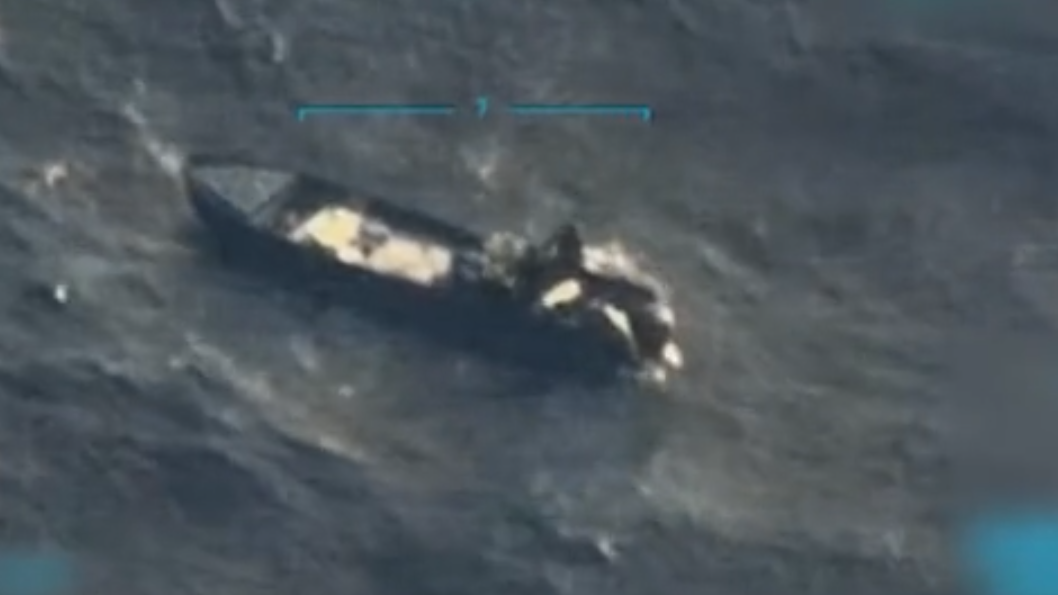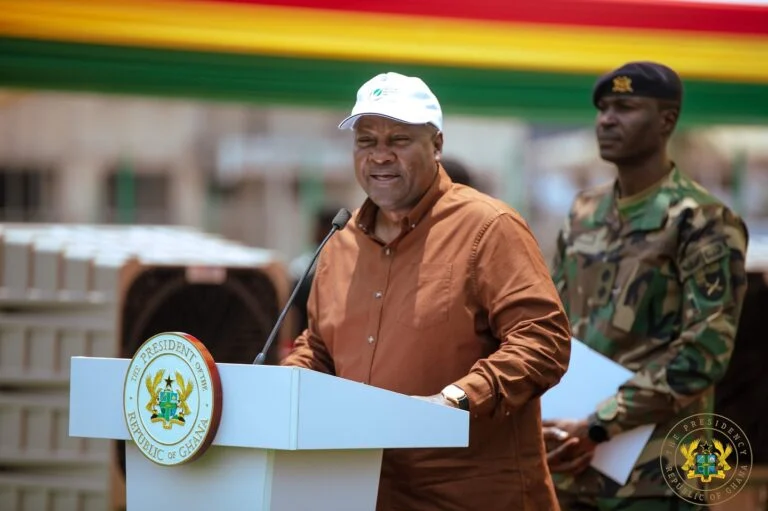US Sinks Suspected Venezuelan Drug Boat, Killing 4, Claims Washington

The United States has carried out a military strike on a small vessel off the coast of Venezuela on Friday, killing four people and sinking the boat, U.S. officials said, in the latest of several lethal actions the administration says are aimed at disrupting narcotics trafficking in the Caribbean.
U.S. Defence Secretary Pete Hegseth announced the operation, saying the vessel had been positively identified as carrying illicit narcotics and that those aboard were affiliated with transnational criminal groups the United States has branded as threats to national security.
He described the casualties as “narco-terrorists” and said the strike was conducted in international waters under U.S. rules of engagement.
The strike is the latest in a string of U.S. actions this month targeting accused drug-smuggling vessels in the southern Caribbean.
President Donald Trump has said the strikes are intended to prevent large shipments of illegal drugs from reaching the United States and has framed them as part of a broader campaign against criminal organizations operating out of Venezuela. U.S. officials released video footage that they say shows the moment of impact and the subsequent destruction of the craft.
Venezuelan authorities condemned the strike as an act of aggression and an “undeclared war,” with officials calling for international scrutiny and demanding answers from Washington.
Caracas said the operation violated Venezuela’s sovereignty and urged the United Nations to investigate the incident.
President Nicolás Maduro has repeatedly denounced U.S. actions in the Caribbean as part of a campaign to destabilize his government.
Washington has provided limited public evidence about intelligence linking the targeted vessels to specific cartels or terror designations, and U.S. officials have so far not released detailed forensic proof of the cargo manifest or chain-of-custody for the narcotics the administration alleges were aboard.
Those gaps have prompted questions from legal scholars and some lawmakers about the legal basis for lethal strikes in international waters and the criteria used to designate targets.
Human rights groups and critics in Congress have also warned that the use of military force against suspected traffickers — particularly without transparent judicial or multinational oversight — risks civilian harm and could violate international law if due process and proportionality are not demonstrably observed.
Venezuelan and regional leaders have raised concerns about escalation and the precedent set by strikes beyond U.S. territorial waters.
U.S. officials say the operations are part of a stepped-up counter-narcotics posture in the SOUTHCOM area of responsibility, which has included increased naval patrols, aerial surveillance, and cooperation with regional partners.
The Pentagon has declined to provide a full accounting of how targets are selected, citing operational security and ongoing intelligence activities.
The October strike brings to dozens the number of people reported killed across several recent U.S. operations against alleged drug shipments in the Caribbean this year, according to aggregated media reporting.
The incidents have exacerbated tensions between Washington and Caracas and drawn calls from international bodies for more transparency and adherence to international norms in counter-drug operations.









